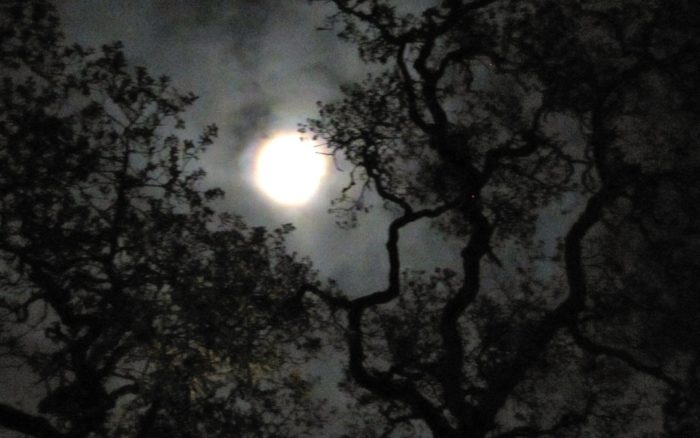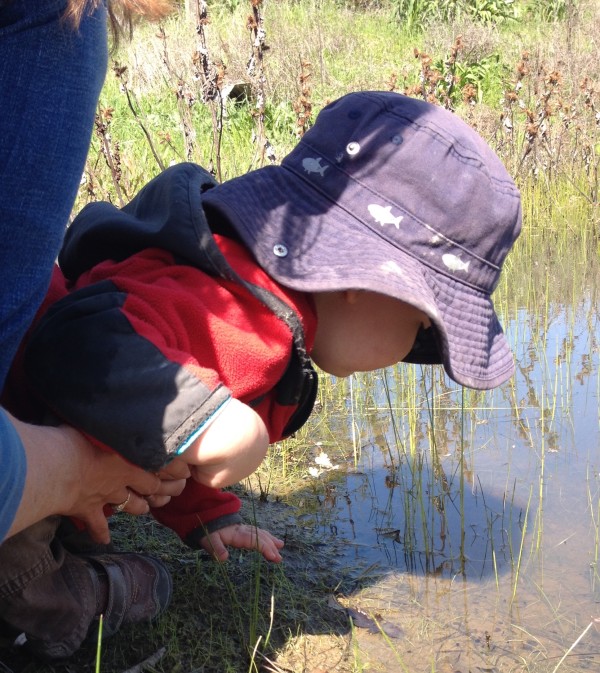Portal of Boredom and Consciousness
One of the lingering images from The C. G. Jung Institute’s December 5 event (celebrating the upcoming multimedia performance of Olivier Messiaen’s Des Canyons aux Etoiles), was Deborah O’Grady’s full moon rising over a ridge to one movement of Messiaen’s symphonic piece. As we watched the white orb slip from behind the ridge and then slowly lift into the night sky, I was surprised to find myself thinking of a criticism I heard of Sesame Street. Yes, preschoolers learn the alphabet and their numbers seemingly effortlessly and are entertained in the process. But the show also addicts them to fast action and loud music, changing the way they learn: anything slow becomes boring. Kindergarten and first grade have a tough show to follow!
The challenge of sitting with something you do not understand, or of reading and allowing one’s imagination to paint the images, or of sleepily watching dust motes sink in the sunlight as you listen to your teacher talk … all these things become boring in comparison to fast-paced music and colors and dancing. What child has the opportunity to study a water strider on a pond? —or sit quietly for fifteen minutes in a forest to see what arrives, as a National Park ranger suggested to my young sons years ago. These days children learn early on that it is boring “to be bored” and are offered every opportunity to avoid it.
Unfortunately, in our noisy, busy world, many of us feel this way!
But sometimes boring is a portal into another state of mind: Enter the rising moon. When did you last allow yourself the stretch of time to watch it, to enter this lunar consciousness?
In his presentation Saturday, “What is the Music of the Stars?”, Joscelyn Godwin commented that listening to Messiaen’s work is best described as a ritual of an entry into a state of mind. I thought of this as we watched Deborah’s musical moonrise. Slowing ourselves into the unfamiliar rhythms and sounds of Messiaen’s work offers an entry into presence. We are not being overwhelmed with the recognizable: we are being challenged to simply see what is here: to wait and see. To tolerate the unknown.
And it is a challenge! Our lives are so busy, multitasking, making lists, fulfilling them. Something is always driving us. Being in the present requires turning off the cell phone and not allowing e-mail or the television to define the evening. Presence is looking at your spouse’s face at dinner as he or she tells you about the day. Presence means tasting the food washed in candlelight, noticing the plop of the dog as she settles under the table. The click of the wood stove from the last log you just added. The sound of no sound.
With this state of mind comes an opening into a space we knew as children, unless ye become as little children… ye shall not enter the kingdom of heaven. Presence is heaven, isn’t it?—heaven on earth. Perhaps it is also an evolution of consciousness involving a return to that which we once knew.

